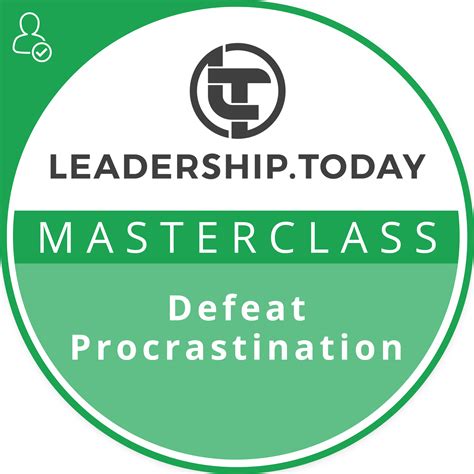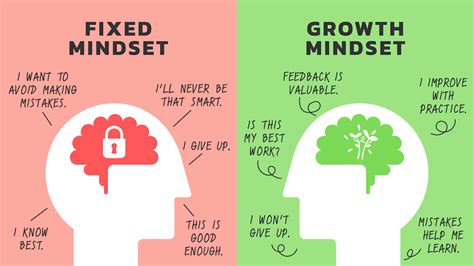Understanding the Procrastination Trap
Procrastination isn’t a sign of laziness; rather, it’s often a complex emotional regulation problem. We delay tasks, whether it’s drafting that crucial career report or starting a new workout regimen, not because we don’t want to succeed, but because we’re trying to avoid uncomfortable emotions associated with the task itself – fear of failure, boredom, anxiety, or even the discomfort of effort. This avoidance, however, creates a vicious cycle, leading to increased stress, missed opportunities in our careers, and stagnant health progress.
Breaking free from this cycle requires more than just willpower; it demands a fundamental shift in our mindset. By understanding the root causes and applying strategic mental approaches, we can transform our relationship with difficult tasks and consistently move towards our career and health aspirations.

Embracing the Power of Micro-Actions: The ‘Just Start’ Principle
One of the most potent mindset strategies against procrastination is the “just start” principle, often coupled with the concept of micro-actions. When a task feels overwhelming, our brain immediately flags it as a threat, triggering avoidance. The solution is to make the starting point so tiny that it feels almost inconsequential, thus bypassing the brain’s resistance.
- For Career Goals: Instead of committing to “write the entire report,” commit to “open the document and type one sentence.” For a complex project, start with “create a new folder and name it.” The goal is to build momentum, not to complete the task. Once you’ve started, the task often feels less daunting, and you’re more likely to continue.
- For Health Goals: Don’t commit to “workout for an hour.” Instead, try “put on your workout clothes” or “do one push-up.” If you’re struggling with healthy eating, commit to “chop one vegetable.” These small wins accumulate and make the larger goal feel achievable.
This approach isn’t about tricking yourself; it’s about lowering the activation energy required to begin, making consistent action far more accessible.
Cultivating Self-Compassion and Future Self Alignment
Another critical mindset shift involves replacing harsh self-criticism with self-compassion and aligning with your future self. When we procrastinate, we often beat ourselves up, which only exacerbates feelings of guilt and shame, leading to more avoidance. Instead, acknowledge the struggle and respond with kindness, just as you would a friend.
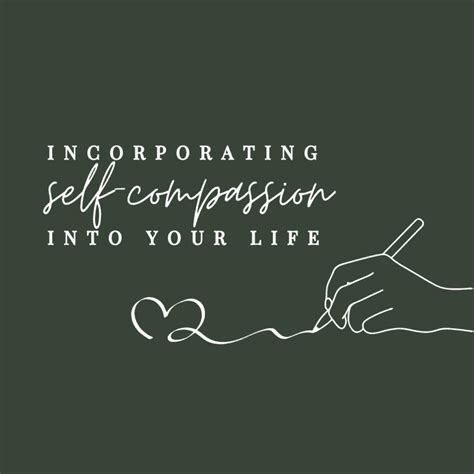
Alongside self-compassion, visualize your “future self.” This isn’t just about imagining success; it’s about thinking about the person you want to be and the choices that person would make. Connect your present actions to the well-being and success of your future self.
- For Career Goals: When faced with a task you’re delaying, ask: “What would my successful, less stressed future self thank me for today?” Imagine the relief and pride of having that report submitted or that project moving forward. This perspective shifts the focus from immediate discomfort to long-term benefit and identity.
- For Health Goals: Instead of viewing a workout as a chore, see it as an investment in the energetic, healthy future self you aspire to be. Think, “Future me will have more energy and vitality because of this choice.” This reframing can make healthy choices feel less like a sacrifice and more like an act of self-care for your future.
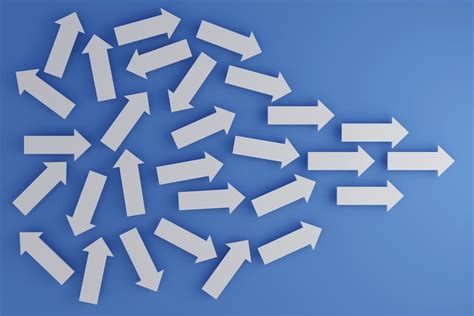
The Power of Identity-Based Habits and Environmental Design
True change often comes from changing your identity, not just your actions. Instead of focusing on what you want to achieve, focus on who you want to become. This is an identity-based approach to habits.
- For Career Goals: Instead of saying “I need to finish this,” tell yourself, “I am a person who finishes what they start,” or “I am a productive professional.” Your actions then become a reflection of this chosen identity. Complement this with environmental design: set up your workspace to minimize distractions, schedule deep work blocks, and eliminate potential time sinks before they arise.
- For Health Goals: Shift from “I need to exercise” to “I am an active person.” From “I should eat better” to “I am a healthy eater.” Then, design your environment to support this identity: lay out workout clothes the night before, pre-chop vegetables, or keep healthy snacks readily available and unhealthy ones out of sight. Making the desired action easy and the undesired action difficult is a powerful anti-procrastination tool.
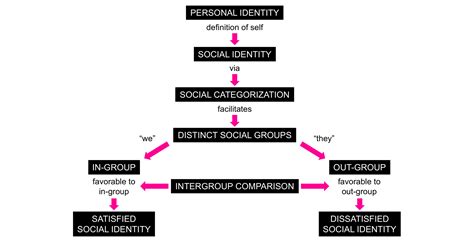
Making Procrastination a Relic of the Past
Defeating procrastination for career and health goals is not about eradicating the urge to delay entirely, but about developing resilient mindset strategies to navigate it. By embracing micro-actions, cultivating self-compassion, aligning with your future self, and adopting an identity-based approach supported by smart environmental design, you empower yourself to take consistent action.
Remember, progress, not perfection, is the goal. Each small step taken, each moment of self-compassion offered, and each alignment with your desired future self builds a stronger, more proactive you. Start today, with just one tiny step, and watch your career and health goals become tangible realities.
